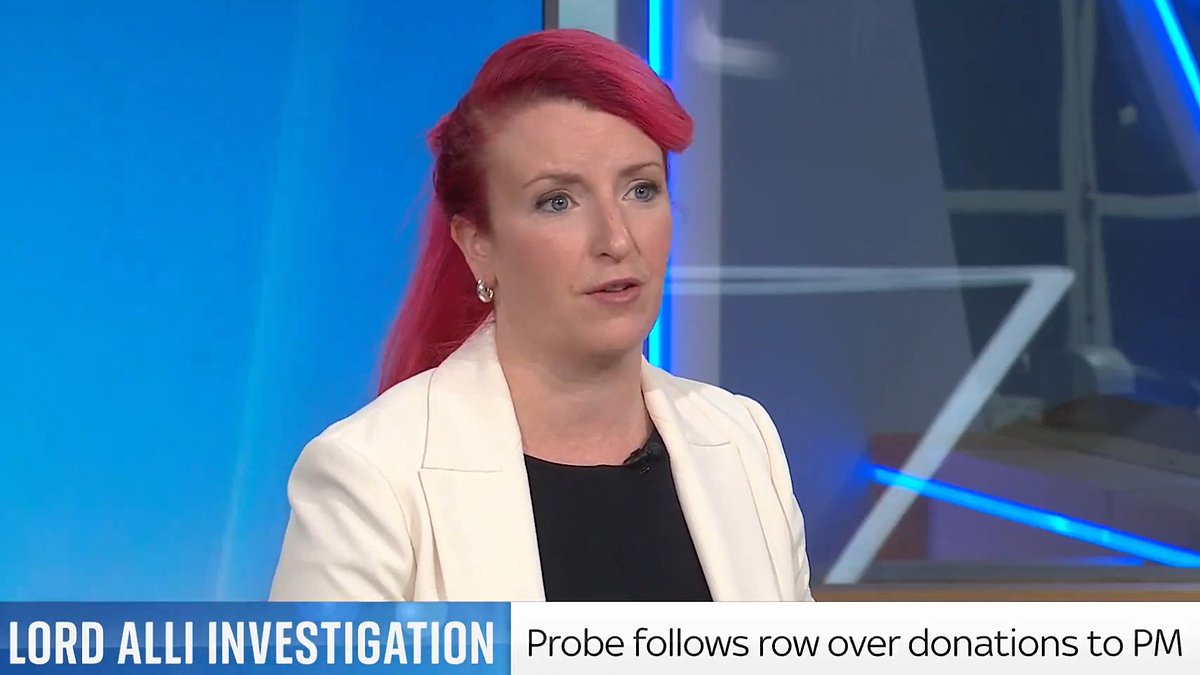The Transport Secretary today confirmed that HS2 will run to Euston despite alarm at the multi-billion pound price tag.
Louise Haigh slipped out the news as she insisted it would not ‘make sense’ to end the rail link at Old Oak Common in the London suburbs.
Chancellor Rachel Reeves is set to announce the decision officially at the Budget on October 30, after months of speculation.
Ms Reeves is expected to redraw fiscal rules in the Budget so the government can rack up extra borrowing, which can be used for major projects.
Bank of England liabilities and other debt could be reclassified to give ministers another £30billion of headroom – or perhaps even more.
Questions over the future of Euston station were raised when Rishi Sunak cancelled the Birmingham to Manchester section of the HS2 scheme last year.
With the bill for redeveloping the hub spiralling towards £5billion, there were rumours the high-speed link could instead terminate at Old Oak Common in the suburbs of west London.
Passengers would have needed to complete their journeys to central London on the Elizabeth Line, with critics saying it would be ‘insane”.
However, in a round of broadcast interviews this morning, Ms Haigh told Times Radio: ‘Look we’ve said before Euston was always planned to be part of the picture for HS2 and we’re hoping to make an announcement on that very soon.’
Pressed if it was ‘affordable’ to run the line all the way to Euston, Ms Haigh said: ‘We’ll be making an announcement on that soon but it certainly doesn’t make, it would never have made sense to leave it between Old Oak Common and Birmingham.’
Asked whether the decision would be confirmed at the Budget, Ms Haigh said ‘it may be’.
The Euston section and potentially a new rail link between Manchester and Liverpool are now likely to be approved by the Chancellor.
Ms Reeves previously committed to meeting the Tories’ provision that public sector net debt should be falling in the fifth year of a forecast period.
But the calculation of that debt could be changed. Options being considered for the Budget include removing the Treasury’s losses on the Bank of England winding down its quantitative easing programme from debt calculations, and keeping new bodies such as Great British Energy off the books.
Officials could also be ordered to put more emphasis on the long-term returns from borrowing to invest in infrastructure.
However, any such move would raise concerns after government borrowing hit 100 per cent of GDP for the first time since 1961. It would also not solve pressures on year-on-year spending, as the extra money would be one-off.
